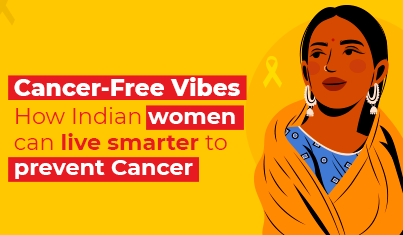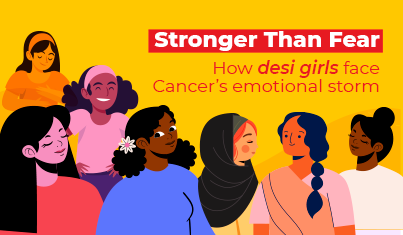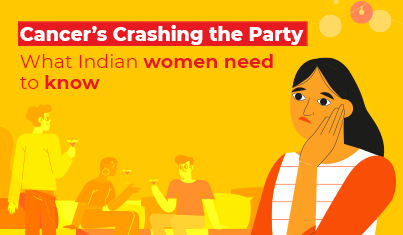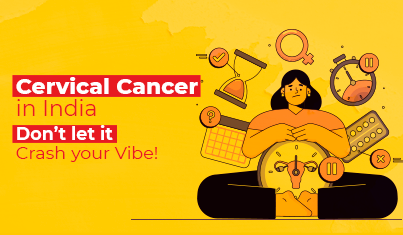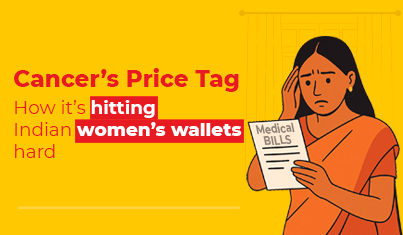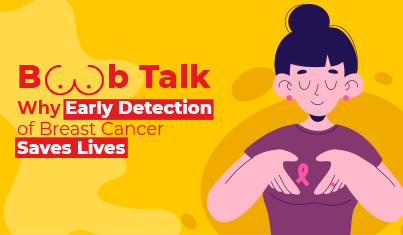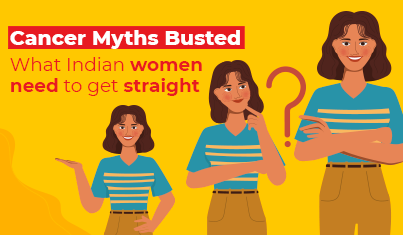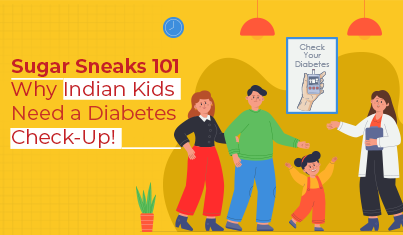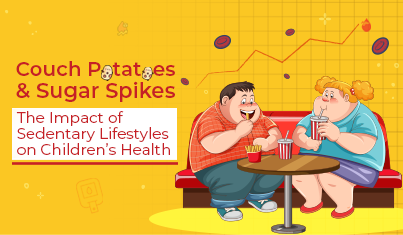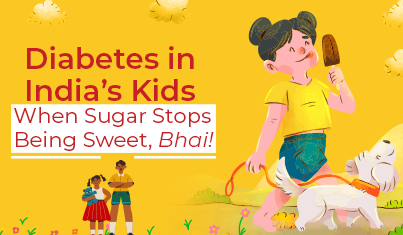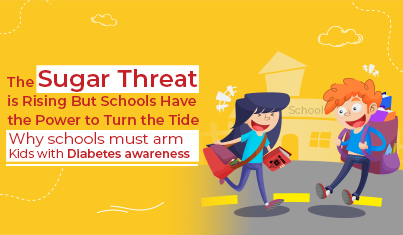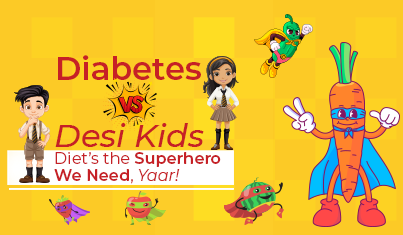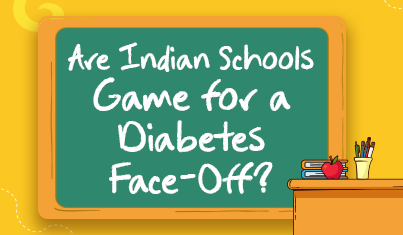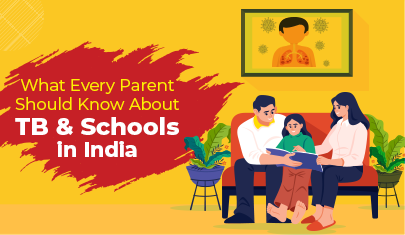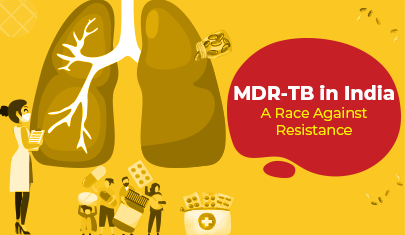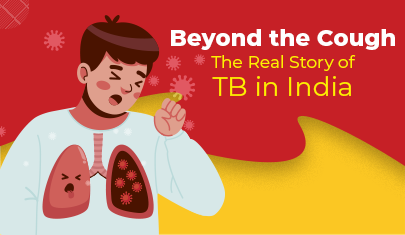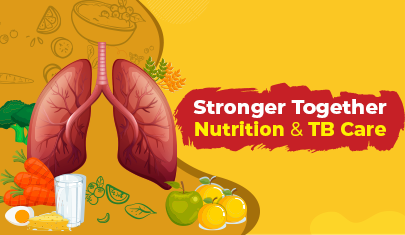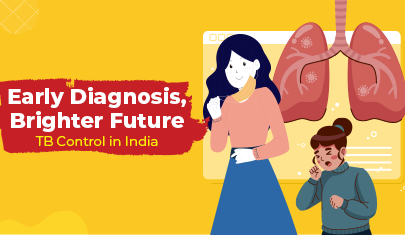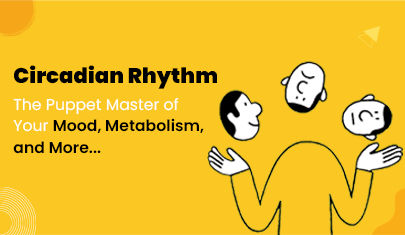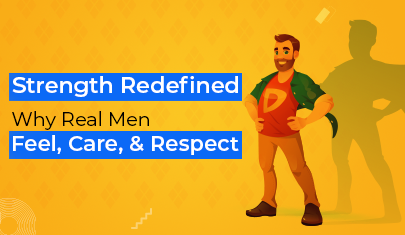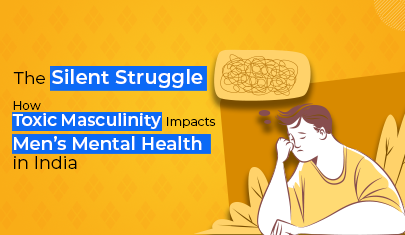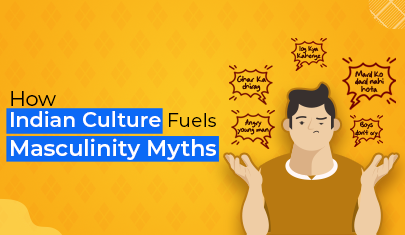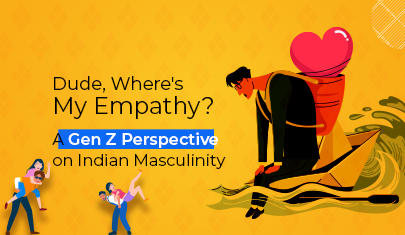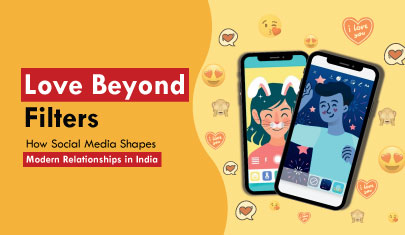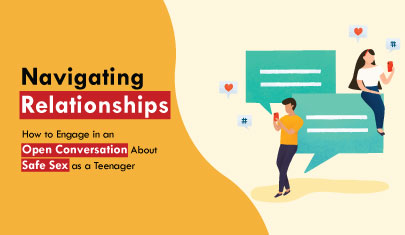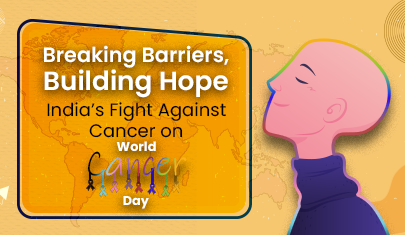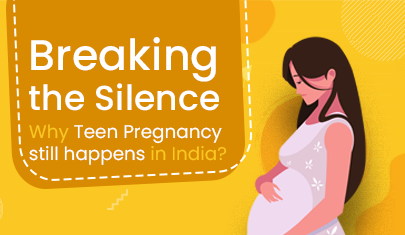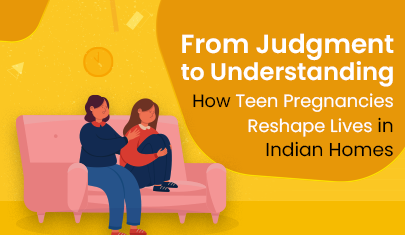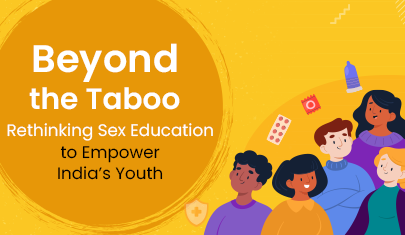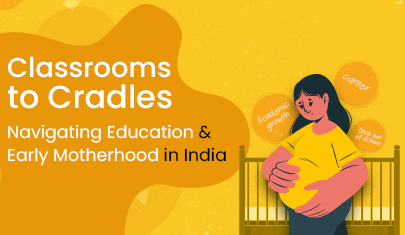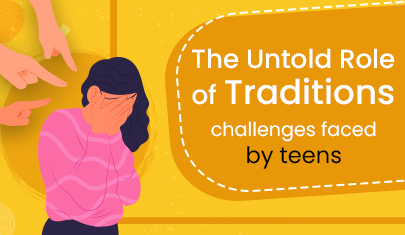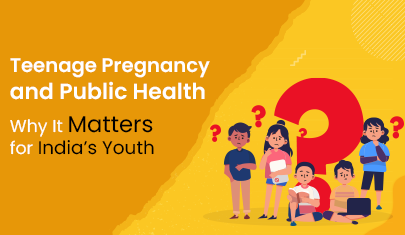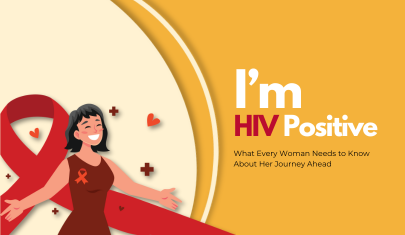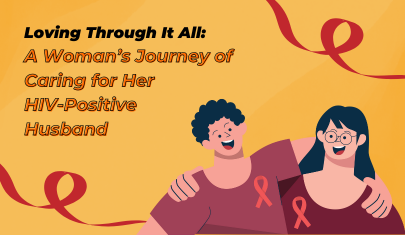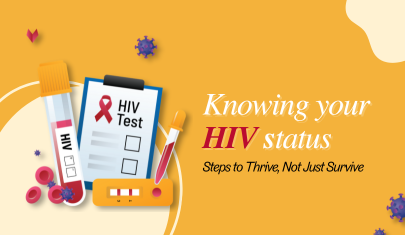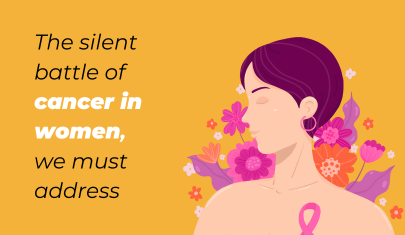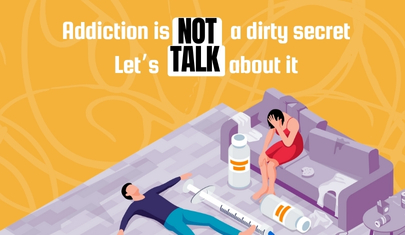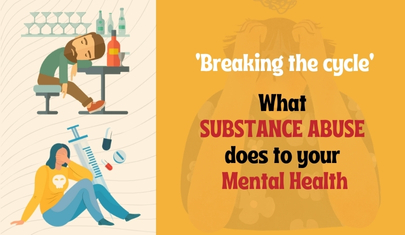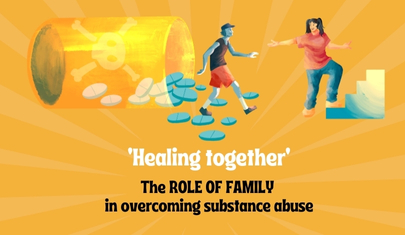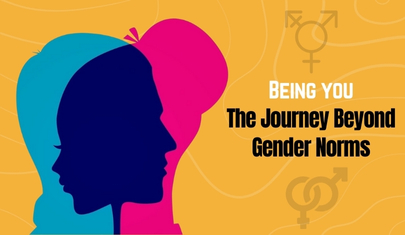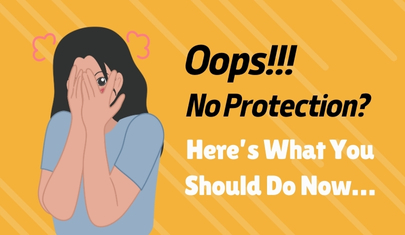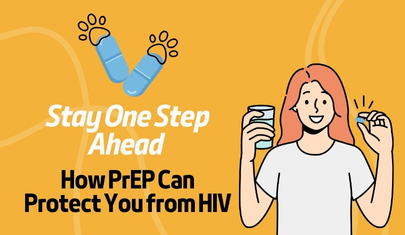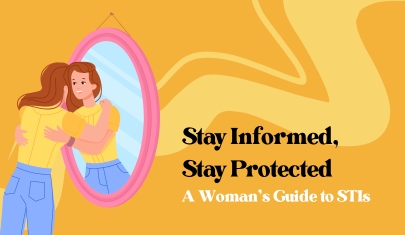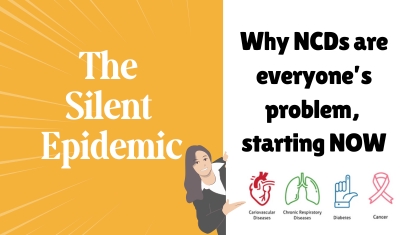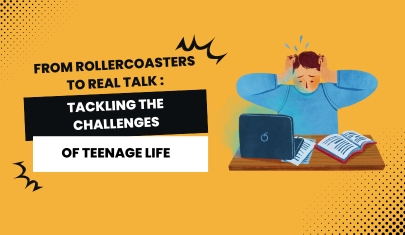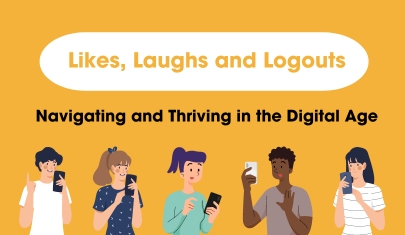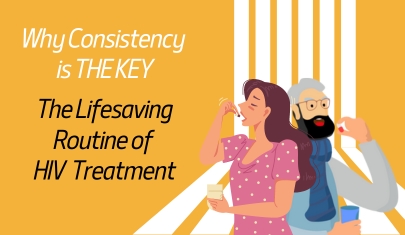General
Unmasking Mental Health: Why Our Conversations Matter
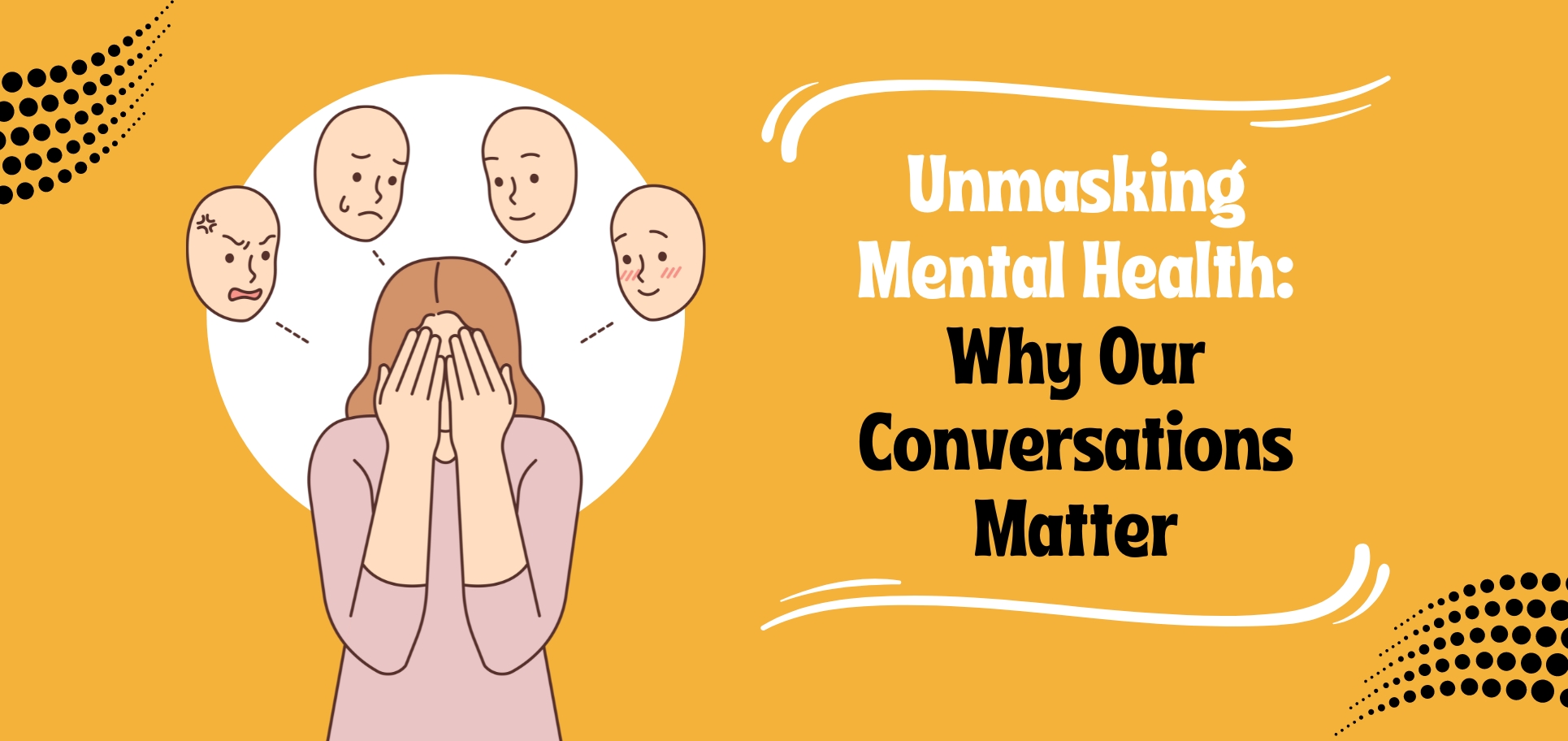
Hi there,
I recently came across something that really got me thinking: why don’t we talk about mental health more openly? It’s a crucial topic, yet it often remains in the shadows, especially here in India. Why is mental health still considered a taboo?
Mental health isn’t just about the absence of mental illness; it encompasses how we think, feel, and manage life. Astonishingly, nearly 14% of our population needs mental health support—that’s millions of people! Yet, it remains a conversation we rarely have. Is it fear of judgment, or simply a lack of understanding about what mental health truly means?
A lot of misinformation surrounds mental health. Many people mistakenly believe that mental illness is a sign of weakness or something you can just ‘snap out of.’ It’s frustrating to hear such misconceptions. The stigma is even more pronounced when it comes to men, who often face societal expectations to be emotionless. The saying “Mard ko dard nahi hota” (Men don’t feel pain) reflects this unrealistic expectation. Everyone has emotions and needs support, so why is that so hard to acknowledge?
Women face their own set of challenges. When they express their emotions, they’re often labelled as ‘hysterical’ or ‘overly emotional.’ And for those who don’t conform to traditional gender norms, like members of the LGBTQIA+ community, the stigma can be even more severe, affecting both their identity and mental health. How can we address and change these perceptions?
Creating open conversations about mental health is key. Yet, many people seem hesitant to discuss their struggles. What would make someone feel safe enough to share their experiences? Perhaps it starts with creating non-judgmental spaces where people can talk freely. Sometimes, it’s as simple as listening—really listening—without trying to ‘fix’ things.
Physical health is a common topic of conversation, but mental health often isn’t given the same attention. Why can’t we make it as normal to ask someone about their mental well-being as it is to ask about their physical health? Imagine if discussing mental health was as casual as talking about what’s for dinner. Do you think we can make that happen?
Storytelling can also be a powerful tool in breaking the stigma. Sharing personal experiences about mental health can be daunting, but it’s impactful. Stories help others see that they’re not alone and that seeking help is a sign of strength, not weakness. Why do you think asking for help is still seen as a weakness?
Technology offers many resources for mental health support, from apps to online platforms. But are people aware of these resources and using them? How can we ensure that everyone, especially those in remote areas, has access to these tools?
Self-care is another important but often overlooked topic. Many people feel guilty about taking time for themselves, but self-care is as vital for mental health as it is for physical health. What are your self-care practices? Do you think about them regularly, or only when you’re feeling burned out?
The bottom line is that we need to start having open, honest conversations about mental health. It’s not just the right thing to do—it’s essential for everyone’s well-being. How can we educate ourselves and others, support those in need, and advocate for change?
I’d love to hear your thoughts on this. Can we make mental health a priority? What steps can we take together to start these important conversations?
With warmth & support - YRG Communications Team




